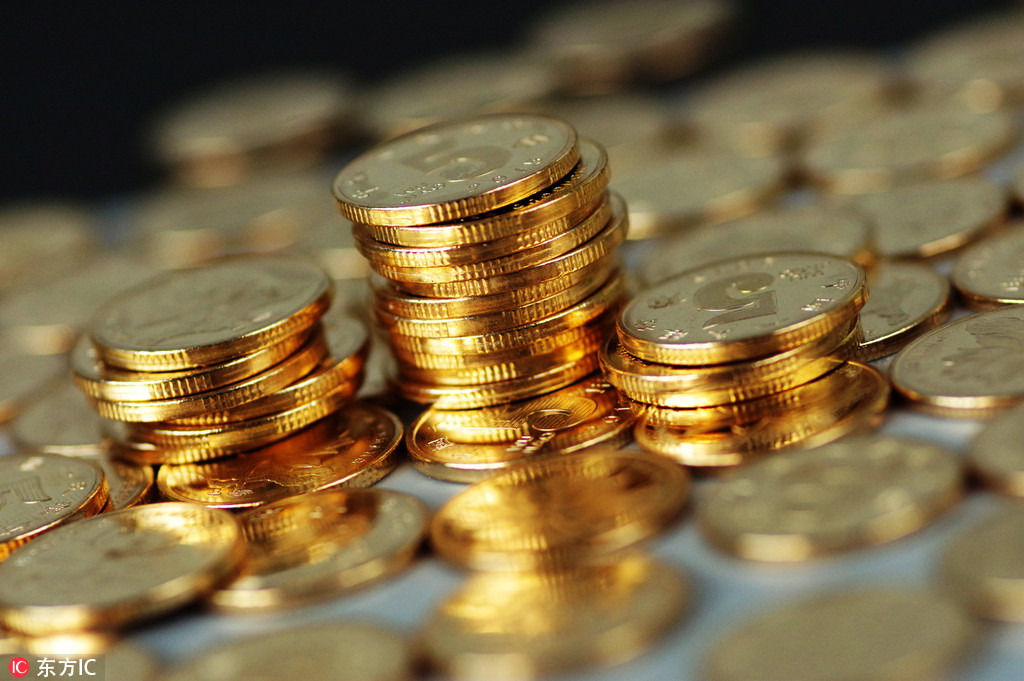G20 must play bigger role in governance
By Ren Lin | China Daily | Updated: 2019-07-31 08:09

When trade frictions among major economies escalated and talks were suspended, the G20 played a significant role in mitigating trade tensions, facilitating dialogue and safeguarding the multilateral economic governance mechanism. And since economies still face difficulties in settling trade disputes, the G20 should continue to help them negotiate and reach acceptable agreements.
There is no doubt that unilateralism and trade protectionism pose a threat to economic globalization and intensify the global governance deficit. In particular, the US' punitive tariffs on imports, especially from China, has intensified the trade conflicts and hurt the world economy-so much so that the International Monetary Fund has warned that global GDP growth will decline by 0.5 percent if the trade frictions continue till 2020.
China has advocated that the World Trade Organization be reformed and the global economic order maintained based on the principle of multilateralism so that trade disputes can be settled according to WTO rules.
But the economies disagree with some of the existing WTO rules and the system of governance. Despite that, they are yet to find ways to improve them. Also, the economies don't have any agreement on how to govern emerging industries such as e-commerce and deal with behaviors harmful to the market. Which means there is a need to strengthen the global economic governance system by modernizing rules, especially those of the WTO.
Besides, the major economies need to coordinate their policies to provide more public goods and work together to improve global economic governance. Only if major economies cooperate can they produce more public goods and strengthen economic governance. Therefore, to sustain global growth and strengthen economic governance, major powers need to synergize their trade policies.
It is also important to adjust the G20 framework so it can better address the global economic problems. The G20, for instance, should strengthen its position as the core platform for global economic governance. Established in the wake of the 2008 global financial crisis, it has become a vital platform promoting global economic governance, and played an important role in the reform of the global economic governance system.
For example, the G20 helped the IMF and the World Bank transform themselves after the global financial crisis, so they could deal with the mid-to long-term global economic problems.
But this year the G20 faces more severe challenges. Although the G20 has provided a platform for major countries such as China and the United States to negotiate trade issues, some economies might not see the group in the same light. The G20 should therefore help the major economies coordinate their trade policies, in order to strengthen global economic governance. The G20 should also focus on devising rules that would help the major economies avoid conflicts and reach acceptable agreements.
The changing profile of the G20, however, is seen as not only an opportunity but also a challenge for the major economies. While the G20 can help coordinate the trade policies of the world's 20 largest economies, it should further enhance its authority by working out a global economic governance agenda, and suggesting possible ways to resolve burning economic issues.
Thanks to China's unprecedented economic development and increasing contributions to global economic growth and governance, the international community expects it to also help improve global economic governance so the world economy can achieve sustainable, healthy and vibrant growth. And despite rising trade protectionism and unilateralism, China remains committed to expediting reform and opening-up so as to promote economic globalization and help improve global economic governance.
The author is director of global governance research division of Institute of World Economics and Politics, Chinese Academy of Social Sciences. The views don't necessarily represent those of China Daily.























